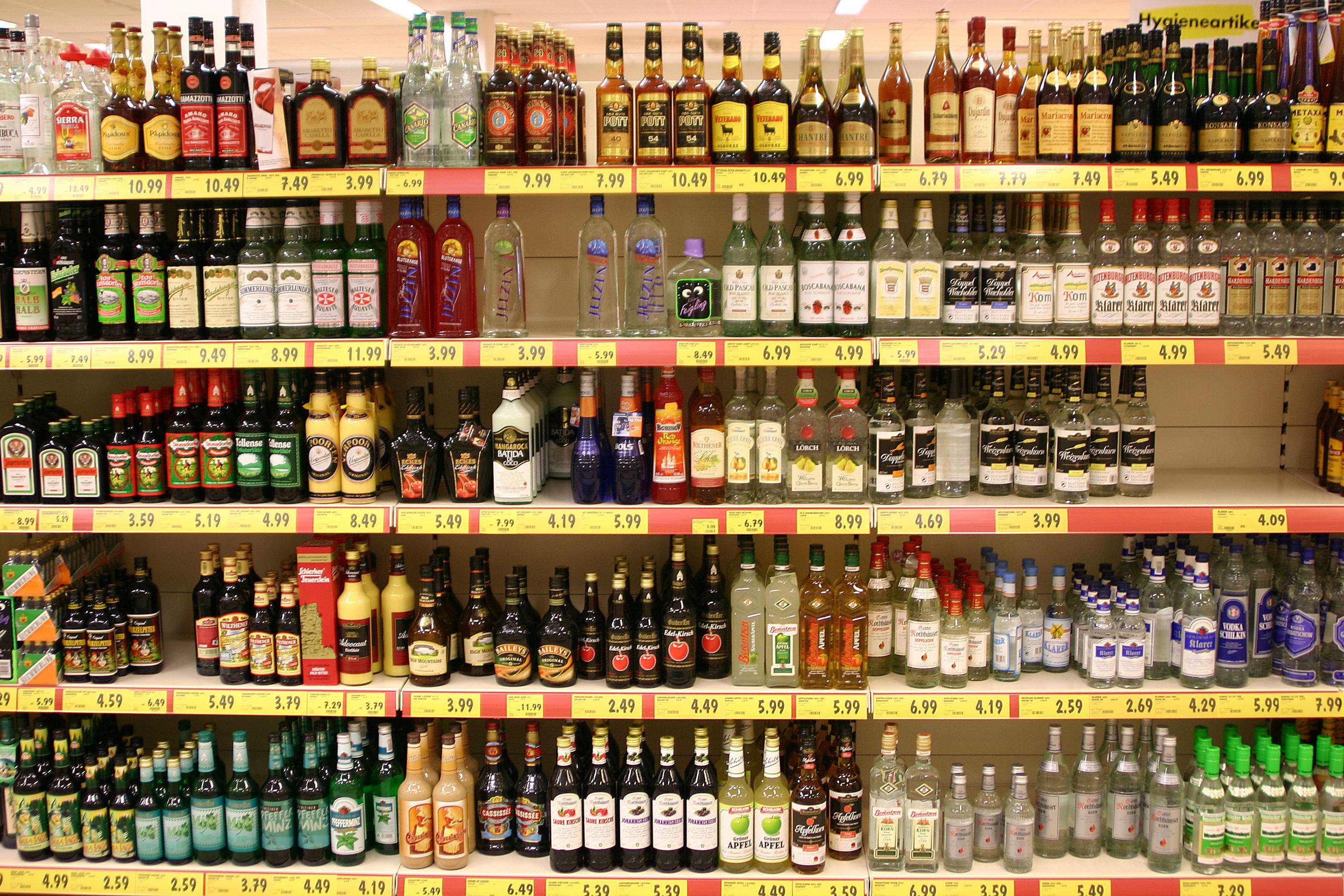Prohibition Strikes Again: Illegal Alcohol Kills 21 in Pakistan

Except for a few busybodies yearning for the halcyon days of the Volstead Act, even otherwise delusional drug warriors concede that legal alcohol isn't a terrible idea (if for the wrong reasons). But for our allies in Pakistan, it's a different story. Alcohol is illegal for Muslims in the deeply religious country, leading to the predictable congeries of negative consequences—such as death from the Pakistani equivalent of bathtub gin. The Washington Post reports:
In a span of 24 hours this week, at least 21 people died in Karachi from drinking toxic liquor, health officials said Wednesday. The victims represented a cross section of residents in Pakistan's largest city, and officials are worried that the death toll will mount.
Officials are hopeful they will catch the culprits who distilled the toxic spirits. But just as capturing drug kingpins doesn't do much to stem the flow of narcotics, it's unlikely that a government crackdown will have any effect on the burgeoning industry:
Officials say bootlegging has become a multimillion-dollar industry in Pakistan since alcohol consumption was banned in 1977 under then-Prime Minister Zulfiqar Ali Bhutto.
Pakistan used to have fairly liberal alcohol laws, until a growing religious conservatism took root in the '60s and '70s:
Still, in the ensuing decades, underground establishments sold beer and wine in cities such as Islamabad. But many of them closed after thousands of students with links to conservative preachers launched a wave of terror against "un-Islamic" activities in the capital in 2007.
Righteous teetotalling crusades against tipplers haven't decreased alcohol consumption—they've just forced it underground, making drinking more dangerous. Not even the prospect of 80 lashes can deter the thirsty.
Other Muslim countries such as Iran have similar alcohol policies—and similar problems. There, the high price of smuggled liquor has driven many to buy homemade booze. Last year, a bad batch killed seven and hospitalized dozens.
This should come as no surprise, given the abundant evidence from America's own ignoble experiment in alcohol prohibition. In countries with legal alcohol, no one needs to worry about their Skol vodka being any more toxic than it's supposed to be—as long as prohibitive taxes don't drive the market into the shadows, that is.
The benefits of legalization extend to other drugs. In Colorado, marijuana stores now offer a wide range of potency in their products to entice customers. They are bowing to consumer kings with lower tolerances who don't want to fall into a zonked-out paranoia a la Maureen Dowd. Gone are the days buying schwag from a guy in the alleyway who doesn't know a sativa from salvia.
If puritanical prohibitionists in Muslim countries refuse to learn the right lessons from alcohol and marijuana prohibition, they can look forward to more disasters like those in Karachi.


Show Comments (16)